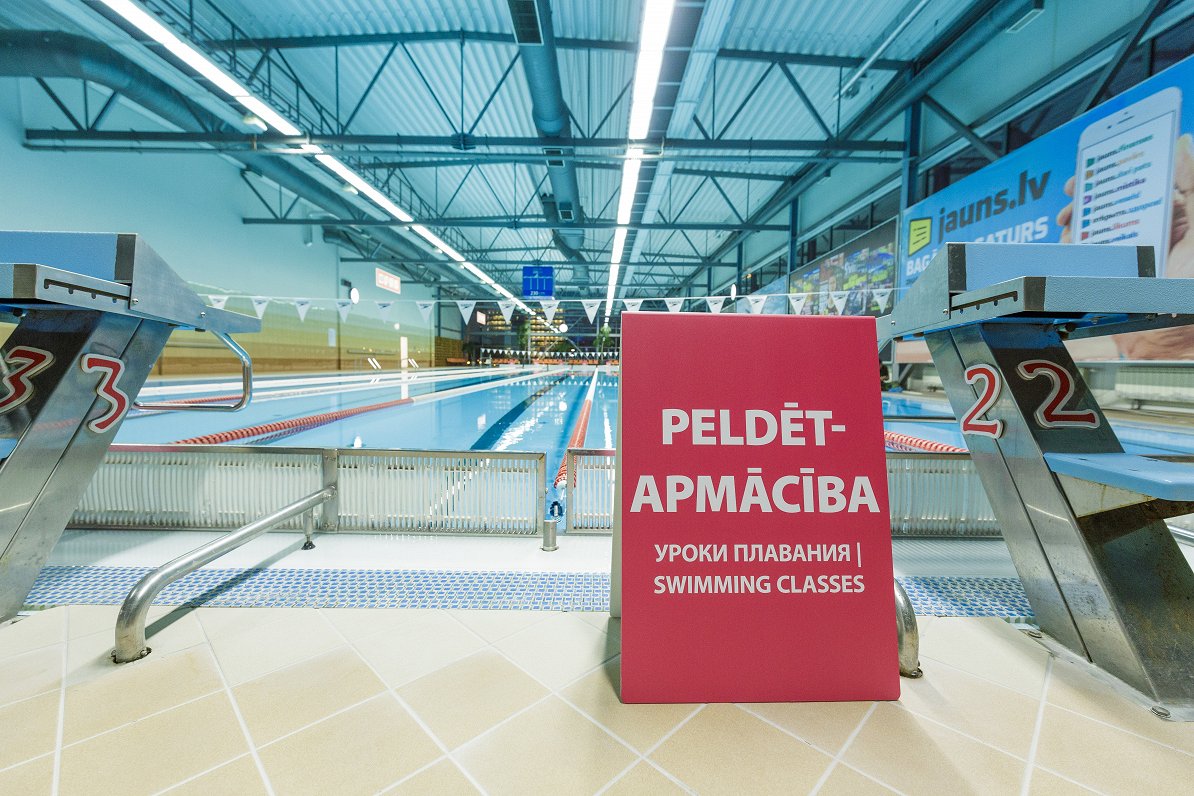Ice rinks are covered only by cement, water has been drained from the pools and the sports halls are empty. There are eight such olympic centers in Latvia, a majority of which can be found in larger cities - Rīga, Daugavpils, Liepāja, Ventspils, Jelgava and Valmiera. All have been forced to cease operations due to the emergency measures restricting sports practices and activities.
"I don't know if or how the industry can be maintained. We've asked to defer taxes, but according to the law we can defer four times. What happens afterwards if activity isn't renewed?" said Zane Grundiņa-Arāja, a member of the board of the Elektrum Olympic Center in Rīga.
Some centers are partly owned by municipalities and others by the Latvian Olympic Committee (LOK), so there have been varying experiences for employees when it comes to qualifying for government support. Daugavpils Olympic Center employees have managed to qualify, but director Vladimirs Šteinbergs predicts the losses will continue if restrictions are lifted in May, as spring is the most profitable time of year.
In Ventspils the local municipality owns more than 50% of the Ventspils Olympic Center, which means employees have been ineligible for government support. Director Jurģis Liepājnieks said they are looking for alternative ways to support their employees, even without an income.
According to Ministry of Education and Science Sports Department Director Edgars Severs, his ministry has been working on an exit scenario for the situation. The first first step would be allowing outdoor sports while observing a two meter distance, then, based on advice from experts, limited contact could be allowed during training for professional athletes.
“After that we can talk about indoor sports centers, observing distancing and square meters for each person,” said Severs.
Most sports centers make the lion's share of profits during eight months of the year, with summertime profits drastically decreasing. This means many could run out of reserves by the end of the summer. Many centers were financed by government guaranteed loans issued by LOK, which the government pays back through the state budget.
Many centers may require renovations after the state of emergency is over. Pool coatings, for example, can be damaged if the pools are left empty for a long time.



























